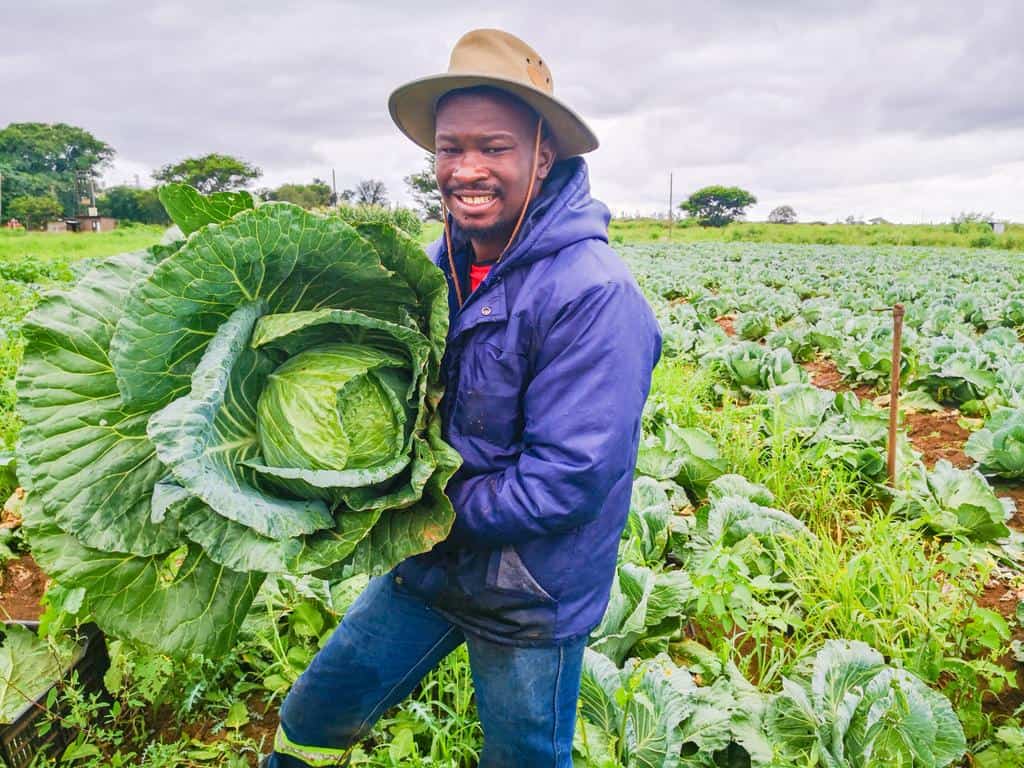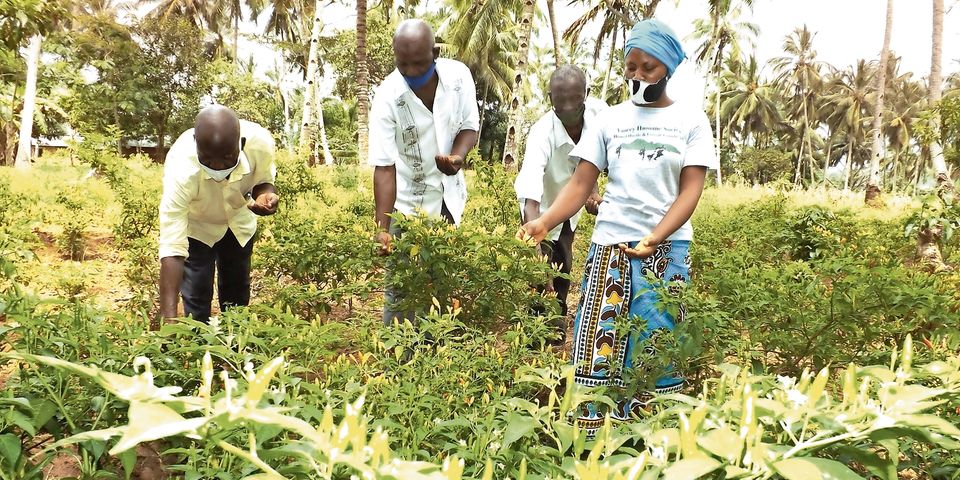Over a year ago, Antony Mutuku heard about pepino melon, a wonder fruit that has taken farmers across the country by storm.
Having seen his friend farm it and get some good money, Mutuku ploughed Sh500,000 loan into the agribusiness, investing on half-an-acre in his rural home in Kitui.
Under the care of his two relatives, the crop did well, says Mutuku who works in Nairobi, and would travel to the farm once a month.
Things, however, took a worst turn just when the crop was fruiting at about four months. The plant was attacked by a stubborn pest and despite constant pesticide application, things did not improve.
“The pest destroyed most of fruits that I harvested so little,” he recounts.
And just when he thought the worst had passed, the market did not treat him any better.
“I realised the market was too small as not many people know about the fruit. Those who started early like my friend were selling it at Sh60 each for wholesale but I ended up selling mine at Sh15. I made a big loss,” says Mutuku, noting when he started, he did not even bother about doing market research or learn the crop’s husbandry.
Driven by the desire to reap big in the short-term, many people always fall for fad agribusinesses only to end up burning their fingers.
The quail business, for its boom, captured the country’s attention between 2013 and 2014. Those driving the ‘quail agenda’ said the bird’s eggs had healing powers and could cure HIV/AIDS and non-communicable diseases such as cancer.
Consumers, thus, thronged hotels for the birds’ miniature, coloured eggs that went for as high as Sh150 and a chick went for Sh400.
QUAIL ‘MADNESS’
This pushed many agri-prenuers to invest in incubators and hatcheries as they joined the gravy-train.
At the height of the frenzy, Kenya Wildlife Service received about 200 new licence applications every day, prompting it to raise fees from Sh500 to Sh1,500.
The quail ‘madness’ went on for a few months before collapsing, leaving thousands of farmers dismayed as the price of an egg dropped to Sh10.
From stevia to pepper, rabbits, pepino melon, tomatoes, potato and poultry, farmers have burnt their fingers engaging in fad farming as they seek to make quick cash.
So alluring is the desire to reap handsome profits in a short time that most farmers are not able to pick out the tell-tale signs.
But there are key pointers that a farmer should look out for before plunging into a new venture in town.
Characteristically, fad farming schemes are always sugar-coated with plump promises such as lucrative markets and hefty profits.
Haggai Oduori, an Assistant Research Fellow at the Tegemeo Institute of Agricultural Policy and Development, Egerton University, notes that any idea, whether involving a new or old crop, which promises too much before it has been tested is suspect.
NICHE MARKET
Most fad agribusinesses, the policy expert points out, paint a picture of low cost and easy profits, but are often too simplistic and have no evidence about their efficacy over time.
“Farming is usually not very lucrative especially in the short-term unless there are special circumstances like the current drought or war, which creates high demand for some products,” says Oduori.
Since market is about numbers, a product without widespread appeal would easily saturate a small niche market, therefore, driving prices down like what happened with quails.
“Farmers can recognise fads if they note that the idea being promoted seems to suggest that it can solve all problems and is cheap to implement. It is also important to note whether the idea has worked elsewhere and on what scale,” he adds.
Erick Ogumo, the chairman of Society of Crop Agribusiness Advisers of Kenya, says an idea stops being genuine and becomes a fad when the numbers do not add up.
“If there is promise of extra ordinary profits that cannot be matched with cost of production and market access, then something is not right.”
He encourages farmers to seek advice from agricultural experts before venturing into agribusiness.
“Farmers should also watch out for hidden costs involved in the venture which may arise due to pests for instance and unrealistic timelines of profit, which are the tell-tale signs of fads.”
Some of the projects come with NGOs or companies, where the institutions sell seedlings or seeds to farmers and promise to buy the produce.
SHARED RISKS
In an event that an organisation comes up with a project in the village, Ogumo advises farmers to do feasibility studies to find out where the market is.
“The market should the main driver for production. Farmers can begin the project in small groups in the trial phase so that the risk – should there be any – is shared. Once they have established themselves then they take on the projects as individuals.”
He notes that most of such projects tend to collapse when farmers over-subscribe into them leading to saturation of produce leading to low prices.
Dr Lusike Wasilwa, Assistant Director, Horticulture and Industrial at Kenya Agricultural and Livestock Research Organisation, reckons that anyone who treats farming as a business would not jump into anything that promises quick riches.
“The first thing to think about is market for your produce. Then one should know that different crops or animals may work for different communities and ecological conditions. If you introduced pepper farming in Western, for instance, many people will opt out sooner than later because they are not used to plucking fruits every day.”
***
What to Note
1) Always conduct a market research to find out where the market is, and if indeed there is demand for a certain crop or animal before keeping it.
2) To avoid losses, if possible go into a project in small groups or start it small so that you share or minimise the risks.
3) Farmers can recognise fads if they note that the idea being promoted seems to suggest that it can solve all problems and is cheap to implement.




